Rapeseed Oil
What is Rapeseed Oil?
Rapeseed is an annual flowering plant belonging to the mustard family. Rape, rapeseed, oilseed rape, rappi, rapa and canola happen to be the other names with which the rape plant is often associated with. This plant is cultivated in many parts of the world as its seeds have various uses.
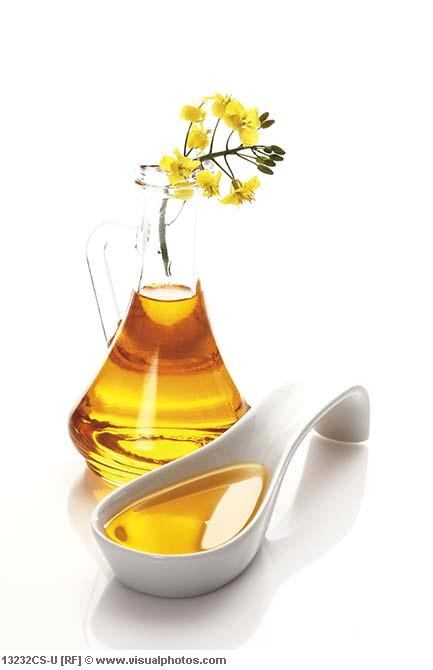
Rapeseed Oil
Table Of Content
Picture 1 – Rapeseed oil in jar
Source – www.images.inmagine.com
The oil that is drawn out from the rapeseed plant seeds is called the rapeseed oil. Crude rapeseed oil is considered to be toxic for human consumption. It is the particular variety known as rapeseed canola oil that is primarily used for cooking.
Summer time is reminiscent of yellow blossoms of the rapeseed plant. It is during the fall that the seed pods get harvested.
Scientific Name of Rapeseed Oil
The scientific name of rapeseed is Brassica napus. It belongs to the mustard family which is called Brassicaceae.
Picture 2 – Rapeseed oil seeds
Source – www.i.treehugger.com
Rapeseed Oil Density
The density of rapeseed canola oil is noted to be 0.92g/mL at a temperature of 19-25 degree Celsius. It is important to remember that the density of the oil tends to decrease with the temperature of the room. As such you will find that the density of the oil to be only 0.91g/mL at a room temperature of 11-15 degree Celsius.
Rapeseed Oil Cultivation
The rapeseed plant is widely cultivated for its seeds that serve a variety of purposes. This commercial plant is usually grown in huge quantities. There are certain instructions that you are recommended to follow in the cultivation of rapeseed oil.
Picture 3 – Rapeseed flower
Source – www.mackintoshofglendaveny.co.uk
- The months of early March and April are considered ideal for sowing rapeseeds. Remember that rapeseeds are to be sown either by hand or by an electric seeder. You are suggested to sow the seeds sticking to the ratio of 2-3 lb of seed for every ½ acre. The seeds are to be buried 1 ½ inches deep in the soil. Moist soil is vital for the growth of rapeseed oil.
- Water is extremely essential for the growth of the rapeseed plant. You are required to water the plant for a minimum of four to five times daily. The soil has to be kept moist throughout the period of growth of the rapeseed plant. Be careful that the soil is not too wet in the process.
- Rapeseed plants should be fertilized depending on the soil requirements. However this has to be done either in late spring or before planting.
- The months of August and September are regarded as the best time to harvest seed pods of the plant. During the harvesting period you will notice that the seed pods are swollen and have acquired a brown colour. The seeds have to be separated from their pods or outer covering and stored for future use.
Rapeseed Oil Production
The production of rapeseed oil is booming year after year. However the high demand of the oil has simultaneously brought about increase rapeseed oil prices as well. Modern day demands for alternative cooking oils and bio diesel fuel have made rapeseed oil extremely popular in the market.
Picture 4 – Rapeseed field
Source – www.plantosol.com
You can buy rapeseed oil from the nearest supermarkets and departmental stores. The countries of China, Canada and India are the highest rapeseed oil producers in the world.
You will come across a number of rapeseed oil suppliers who are available online. Bulk rapeseed oil suppliers and manufacturers can be found online. The Tesco rapeseed oil is a known brand of canola oil.
How to Store Rapeseed Oil?
You are recommended to store canola oil in bottles that are to e kept in a dark place. It is always advisable to store the oil away from heat.
Rapeseed Oil Health benefits
Rapeseed oil consists of healthy fats that compliment good health. These fats are vital the well being of the human heart. This heart healthy oil performs an excellent task of reducing the cholesterol level. Apart from lowering the serum triglyceride level, the rapeseed oil prevents platelets from sticking to each other.
The presence of Omega- 3 and Omega-6 fatty acids make the oil a healthy option for everyone.
Furthermore the rapeseed oil is also a great source of alpha- linolenic acid(ALA). The fact that our body is not capable of producing these fats, makes the rapeseed oil all the more healthy and valuable.
Uses of Rapeseed Oil
Did you know that rapeseed oil is also used to make bio diesel fuel? Read on to find out the various uses of rapeseed oil.
Rapeseed Oil for Cooking
Picture 5 – Cooking with rapeseed oil
Source – www.buzzle.com
The presence of a high quantity of erucic acid in natural rapeseed oil makes it slightly toxic for consumption by humans. However over the years the plant’s hybrid was formulated by Canada. Word soon spread about this consumable rapeseed oil that contained little or no eurcic acid. As such rapeseed oil is used as cooking oil throughout the world. Edible rapeseed oil was termed as canola oil by the Western Canadian Oilseed Crushers Association in the year 1979.
Lubricating Properties of Rapeseed Oil
The lubricating property of rapeseed oil was discovered much before it came to be used as cooking oil. Rapeseed oil was used as effective lubricating oil in case of oil lamps. It was also used in the production of soaps and plastics.
Rapeseed Oil as Bio Diesel Fuel
In continents like Europe, rapeseed oil is used to produce bio diesel fuel.
Rapeseed Oil used as Animal Feed
The by product that is left behind after the extraction of oil from the rapeseed, serves as a nutritious animal feed. This animal feed that is full of proteins is great for cattle, poultry and hogs.
Rapeseed as a Cover Crop
In many parts of the world rapeseed is grown during the winter time, as a cover crop. It has been found that the plant protects and enriches the soil.
Rapeseed Oil Side Effects
Some of the side effects of rapeseed oil have been described below.
Asthma and Hay Fever
Diseases like asthma and hay fever have been often associated with the oilseed rape. Oil seed rape being an insect pollinated plant has raised the obvious possibility of being the cause for hay fever.
Rapeseed Oil Allergy
Scientific research findings reveal that any sort of allergies associated with the pollen are specifically rare.
Rapeseed oil and Autism
Erucic acid has been linked with autism. The presence of up to% of erucic acid is evident in rapeseed oil, though the content is much lower in canola oil. Autism spectrum disorders have been common in the United States. In fact the 1981 outbreak of the chronic ‘syndrome toxico’ where thousands of people died, has been largely related with dilution of rapeseed oil with olive oil. This incident had reduced the usage of canola oil in many countries, including Spain.
- by anwiksha
- June 13th 2011


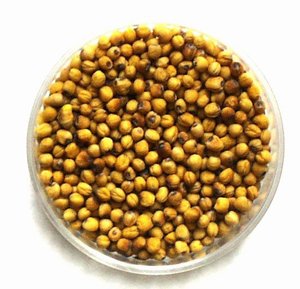



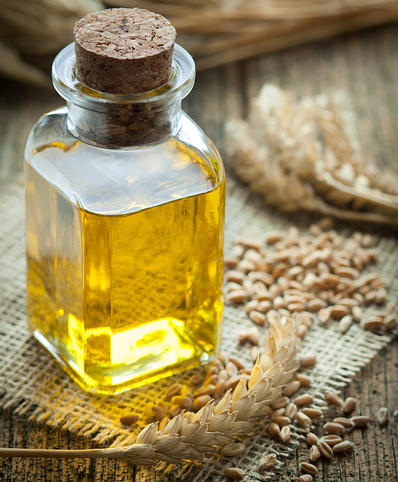
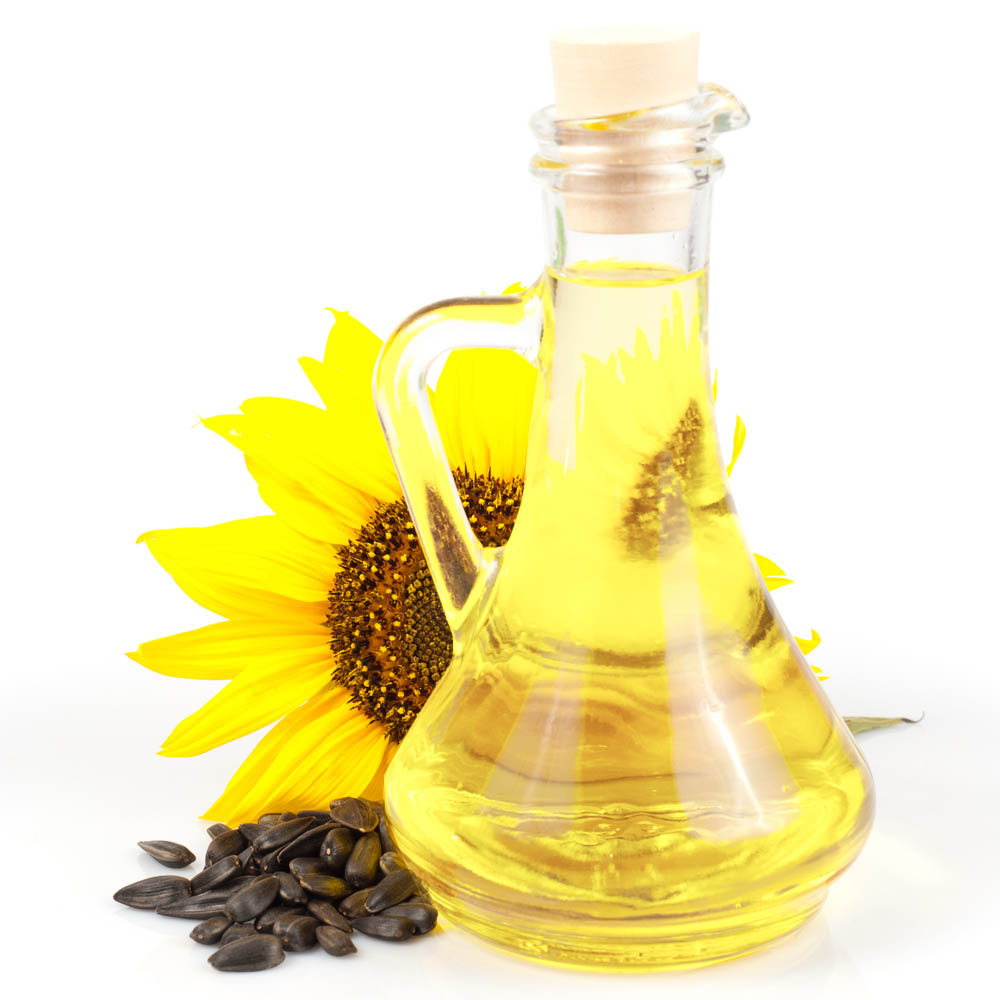
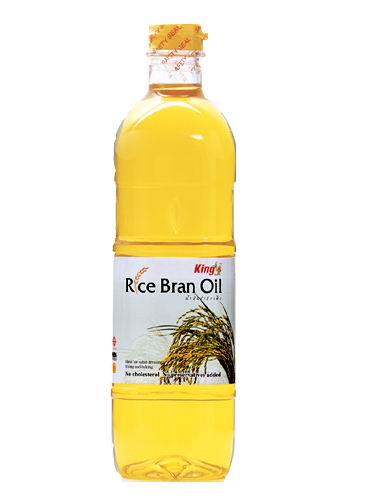
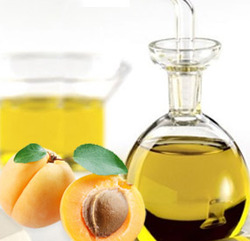
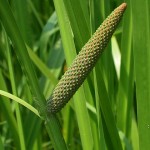

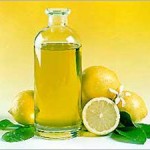

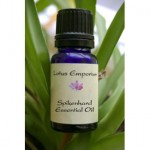
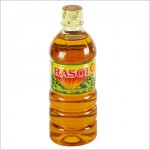
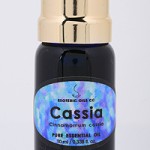
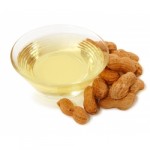
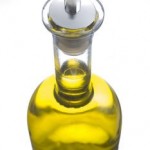





Leave a Reply